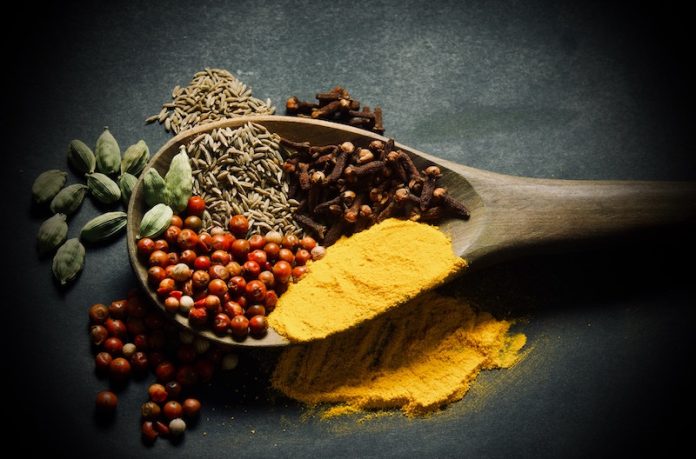
A recent study conducted at Urmia University of Medical Sciences suggests that turmeric compounds and vitamin D supplementation can enhance blood pressure health among type 2 diabetes patients.
Curcuminoids are the active compounds in turmeric, a spice frequently used for medicinal purposes in Asian countries.
Vitamin D is a nutrient that is ingested in the diet and synthesized by our bodies. This hormone is crucial for bone building, calcium absorption, and phosphorus metabolism.
Understanding Curcuminoids and Vitamin D
Past research has established that curcuminoids and vitamin D can reduce inflammation, regulate infections, curtail cancer cell growth, and maintain bone health.
However, conclusive findings on their impacts on blood pressure and body weight among type 2 diabetes patients are still sparse.
The Study’s Methodology and Findings
The researchers conducted an experiment involving 80 participants with type 2 diabetes and deficient vitamin D levels.
The participants were divided into four groups, with each group receiving either curcuminoids, vitamin D, a combination of both, or a placebo over 12 weeks.
Blood pressure measurements were taken before and after the intervention. The results indicated that vitamin D decreased both systolic and diastolic blood pressure.
On the other hand, curcuminoids mainly reduced diastolic blood pressure.
Curcuminoids and Vitamin D: An Intriguing Interaction
Interestingly, the study discovered that curcuminoids significantly inhibited the effect of vitamin D on reducing systolic blood pressure. However, curcuminoids and vitamin D jointly reduced diastolic blood pressure.
These results suggest potential benefits of curcuminoids and vitamin D on blood pressure for individuals with type 2 diabetes.
Still, additional research is required to decipher why these two have different effects on systolic and diastolic blood pressure.
Sources of Curcuminoids and Vitamin D
Foods rich in curcuminoids include turmeric, mango ginger, curry powder, and dishes prepared with curry.
On the other hand, foods high in vitamin D encompass salmon, herrings and sardines, cod liver oil, canned tuna, egg yolks, mushrooms, and fortified foods.
The Bigger Picture
The findings from this study propose that supplementation with turmeric compounds and vitamin D may improve blood pressure health in people with type 2 diabetes.
However, further studies are needed to ascertain optimal dosages and understand the mechanisms behind their effects on systolic and diastolic blood pressure.
If you have type 2 diabetes, it’s essential to consult with your doctor about effective methods for managing your blood pressure.
These strategies might include a combination of medication, lifestyle modifications like a healthy diet, regular exercise, and stress management techniques.
Additional studies have revealed that pomace olive oil could help decrease blood cholesterol levels, and honey might assist in controlling blood sugar levels.
For more health-related information, please refer to recent studies indicating that blueberries are highly beneficial for people with metabolic syndrome and that the widely-used diabetes drug metformin could reduce cognitive decline.
The study, conducted by Shirin Ebrahimkhani et al, was published in Clinical Nutrition ESPEN.
If you care about nutrition, please read studies about how Mediterranean diet could protect your brain health, and the best time to take vitamins to prevent heart disease.
For more information about nutrition, please see recent studies that olive oil may help you live longer, and vitamin D could help lower the risk of autoimmune diseases.
Follow us on Twitter for more articles about this topic.
Copyright © 2023 Knowridge Science Report. All rights reserved.



